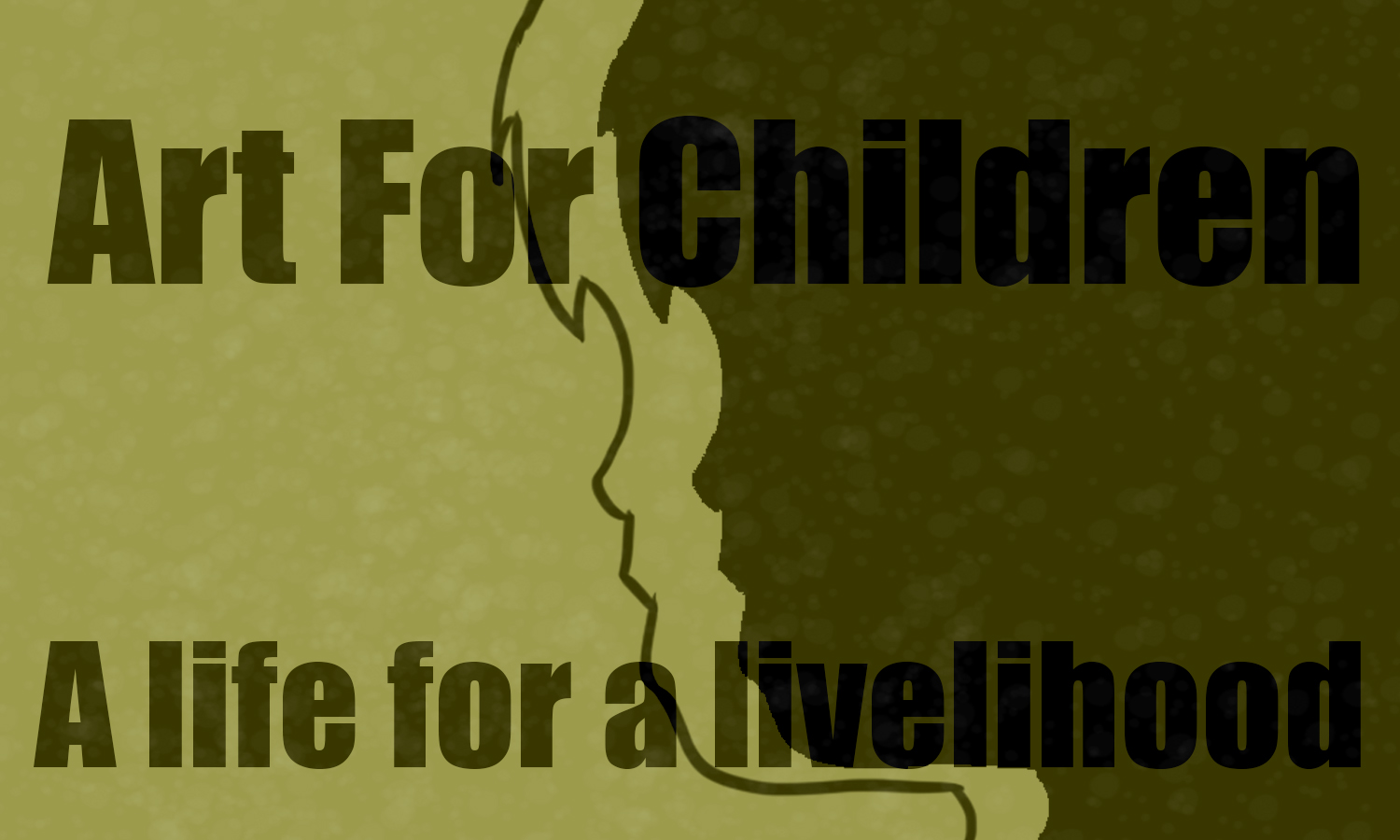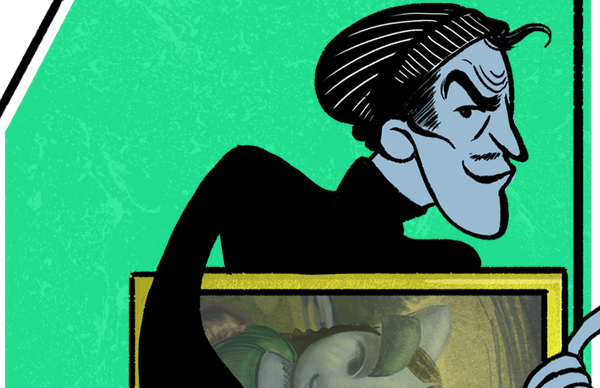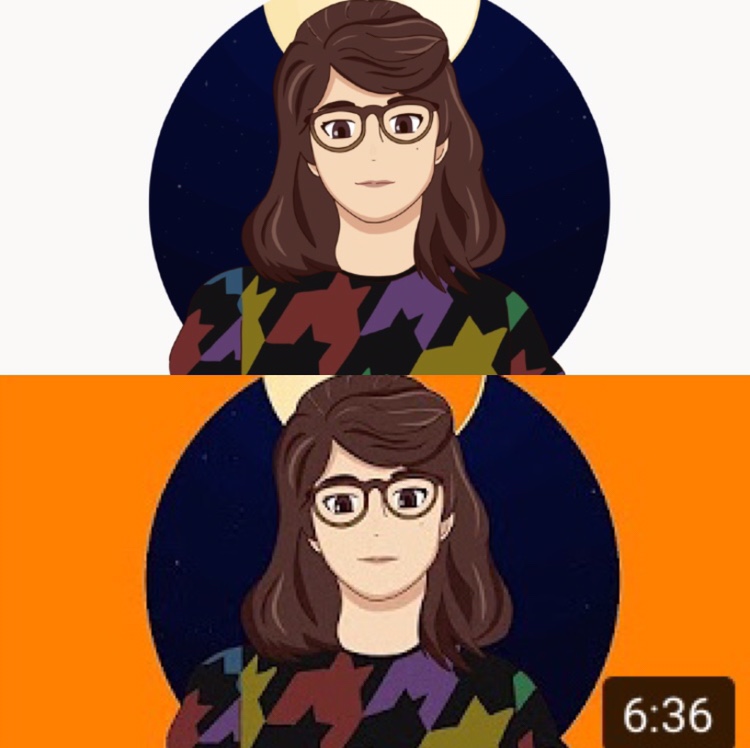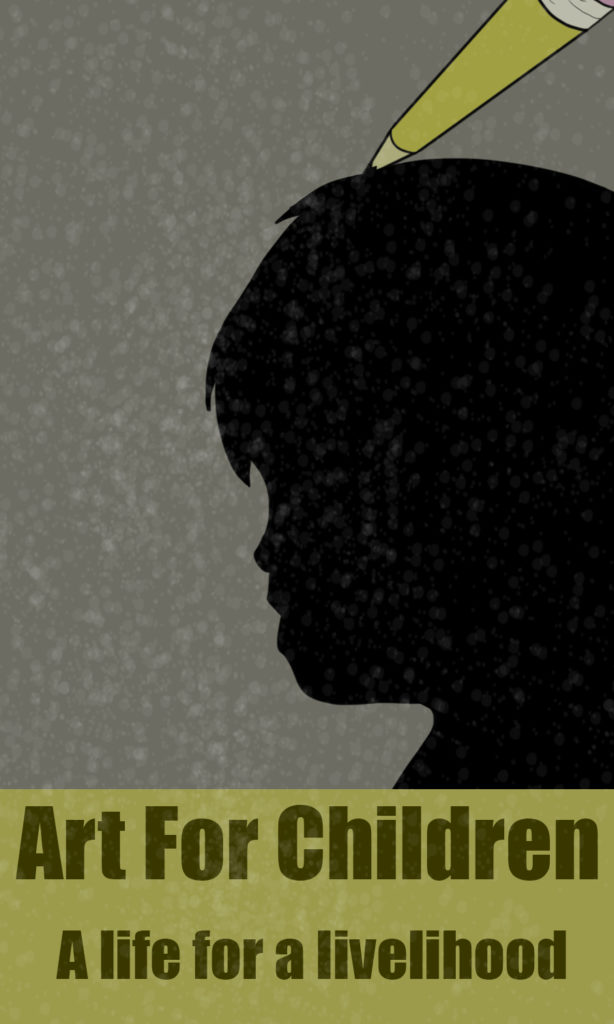Hacktivism Approach – AustinT, IanH

Austin Thibeau- Ian Haddow
Hacktivism Approach
Abstract
To create a shocking visual statement piece to get the public to start caring about art plagiarism and theft.

Background
The purpose of this project is to inform people of art plagiarism and for people to start being aware of the issues artists face online. The goal is for people online to see that it is not okay that art plagiarism is happening, and ultimately, inspire it to no longer happen. Many people online see art constantly but don’t think about the person who made it, as it’s just another image or video for them. I see many instances of art being stolen by Instagram pages, as well as Facebook.

Social media is the main source of most media being stolen, primarily YouTube videos and digital art pieces. Due to this, the theft is wide spread and fast, and although this does give the artist some form of exposure, they do lose profit. Also, sometimes a piece can become popular on a social media page, yet have no form of credit. The caption merely says “unknown artist.” or “I don’t know who made this.” Which ultimately doesn’t help much of anything.

Explanation
The idea is to create a mock “breaking news” segment with the news story roughly being something like “Breaking news: lawmakers have just approved of a new law, saying, ‘for every piece of art that is stolen on the internet, that artist, by law, can steal the thief’s firstborn child’ this law is made to prevent the act of plagiarism artists face online for the future.” The statement is ridiculous and shocking, however, that is the point. In the current times, it feels like only nonsensical subjects appear on the news. So to catch the attention of an audience it needs to be just ridiculous enough for people to talk about it. Much of this project is inspired by the “Skip Showers for Beef” campaign ran by the Yes Men.

Budget
An idea I had – Conduct a poll to ask online artists if they’ve ever had they’re work stolen or traced. This could be something that would allow us to get some statistics about how often the public see’s or has experienced art theft. Which would make for much stronger statements that we could put on the posters, as we are using statistics to back up our claims. This would ultimately be rather cheap, due to the fact that making a poll is free. The posters would be a tad bit more expensive, averaging around $7 per poster.
Although it is ideal for this to look as professional as possible that would cost way more money than intended. With the help of peers and the resources provided at the IMRC, it is possible for it to be a minimum costing project.
Expenses would be the cost of the equipment room at the IMRC, $30, the cost of actors and editors at an amateur rate, possible the cost of renting or making a set for the video.
You must be logged in to post a comment.